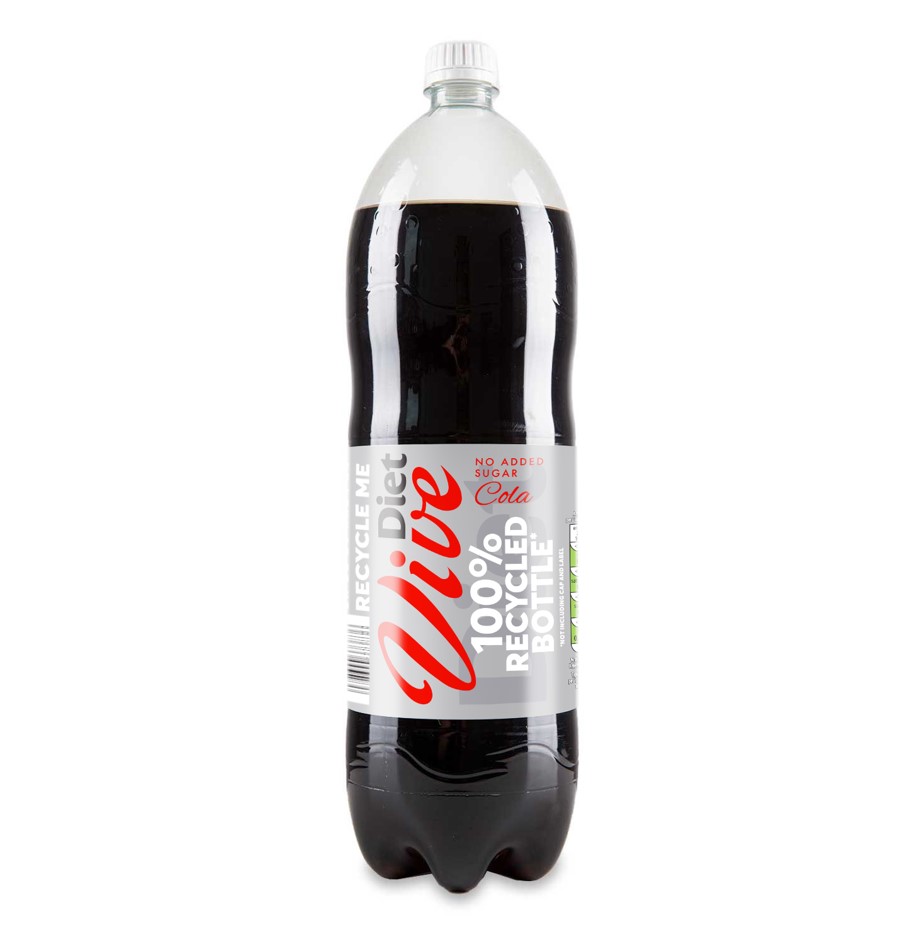Aldi has moved to 100% recycled plastic (rPet) for its own-brand soft drinks and bottled water range in England and Wales.
The move, which is rolling out across all products found in the soft drinks section of its stores, makes Aldi the first UK supermarket to shift its entire own-label soft drinks category to 100% recycled content – excluding only the cap and label.
Switching to 100% recycled content is expected to save around 10,000 tonnes of virgin plastic annually, and forms part of the supermarket’s target to include 50% recycled content into its plastic packaging across the business by 2025.
Luke Emery, Plastics and Packaging Director at Aldi UK, said: “We know our customers care about how their food and drink is packaged, as well as how it is disposed of and where it goes next. This, coupled with the fact that the reuse of plastic packaging once it has been recycled is a critical industry-wide issue, means we’re doing all we can to reduce our impact.
“Moving to recycled content on our soft drinks range forms part of our efforts to accelerate our progress on this journey. We also hope the new labelling we are introducing will help to remind customers to recycle their packaging after use so we can all do our bit to increase recycling rates in the UK.”
Helen Bird, Head of Material Systems Transformation at WRAP, said: “We are delighted to see UK Plastics Pact member, Aldi, transitioning all their own-label soft drinks and bottled water to 100% recycled content.
“Reaching the highest levels of recycled content can only be achieved through action and collaboration across the industry; ensuring packs are designed for optimal recycling, as well as engaging with citizens around how to recycle them.”
Tom McBeth, Policy & Infrastructure Manager from plastics recycling charity RECOUP, said: “It’s great to see Aldi delivering on their commitments to increase the amount of recycled content in packaging. In line with circular economy aims, this change will see a significant amount of virgin material replaced with recycled plastic.”


